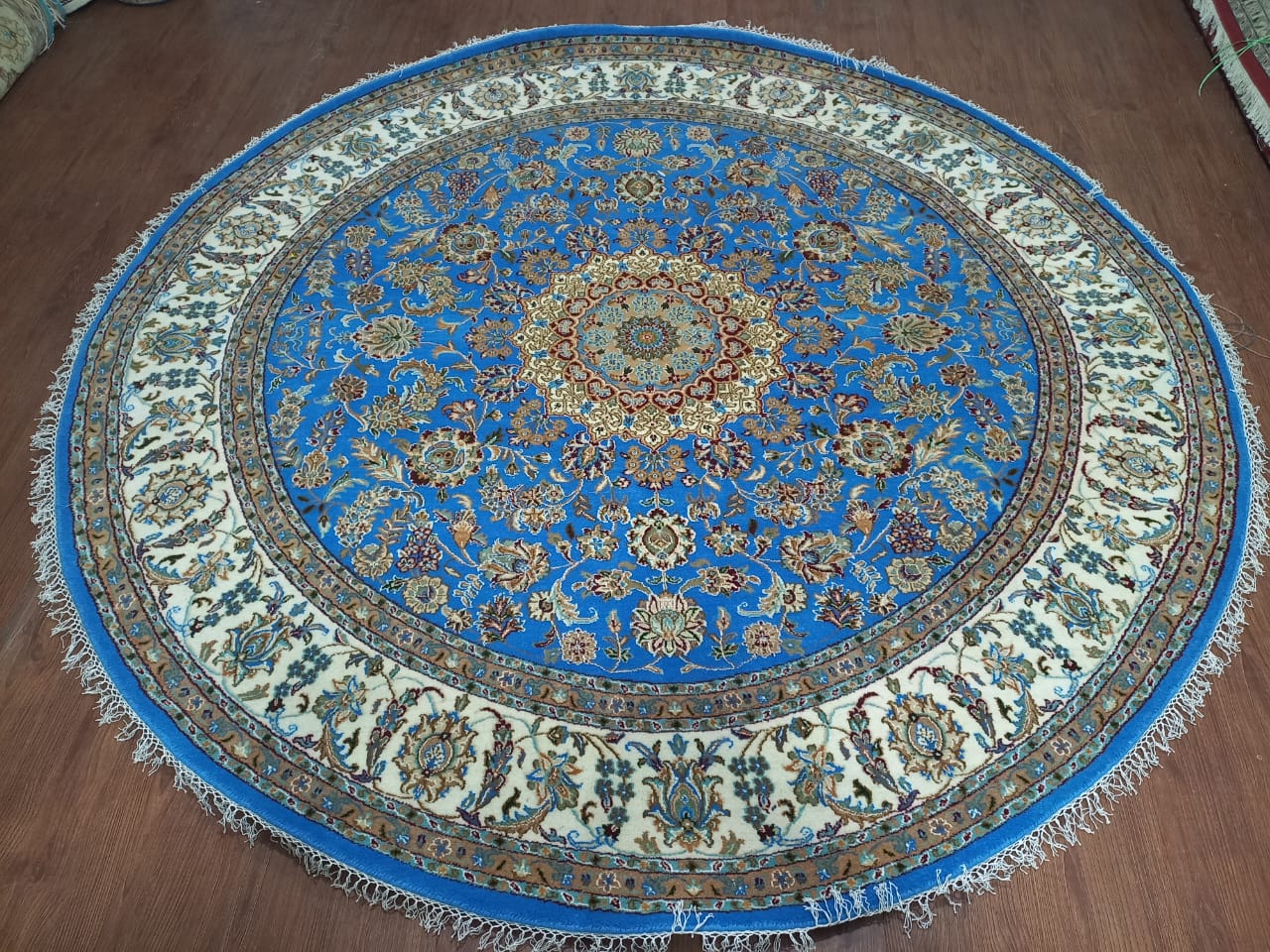Various designs, colors, and materials that can enhance the look and feel of any room. India, known for its rich cultural heritage, is also home to some of the world’s reputed carpet manufacturers and exporters. Genie Carpet Manufacturers is one of the carpet manufacturers in India.
An Overview of Carpets
Carpets have been used for centuries to add a touch of comfort and elegance to homes. They are made from various materials, including wool, silk, cotton, and synthetic fibers, and come in multiple designs, colors, and textures. In addition, carpets not only add warmth to your home but also help to absorb sound and insulate the room from drafts.
Carpet Exporters in India
India has a rich carpet-weaving tradition dating back to the 16th century. Today, the country is home to some of the finest carpet distributors in India, renowned for their craftsmanship and attention to detail. Indian carpets are known for their intricate designs, vibrant colors, and superior quality. The rugs are made using traditional techniques passed down from generation to generation.
The carpets and Rug-making process from Genie carpet exporters in India involves several steps.
Yarn preparation: The first step in carpet manufacturing is yarn preparation. The yarn is made from various materials, including wool, silk, and synthetic fibers. The yarn is dyed to the desired color and then wound onto spools or cones.
Warping: The next step is warping, which involves arranging the yarn onto a beam in the correct order. The warping machine stretches the yarn to the proper tension and winds it onto the shaft.
Weaving: After warping, the yarn is then ready for weaving. The weaver uses a loom to interlace the yarn and create the carpet. The weaver can choose from various weaving techniques, such as knotting or tufting, to create different designs and patterns.
Trimming and washing: After the carpet has been woven, it is trimmed to remove any loose fibers or threads. It is then washed to remove any dust or dirt.
Drying: The carpet is dried in the sun or in a drying room.
Finishing: The final step in the carpet manufacturing process is finishing. It includes trimming the carpet to the correct size and adding any necessary borders or fringe. The carpet is inspected for defects and, if necessary, repaired.
·Packaging: Finally, the carpet is packaged and shipped to the customer.
Several different types of carpets are manufactured in India, each with unique characteristics and features.
Hand-knotted carpets: Hand-knotted carpets are made by knotting individual fibers together to form a dense and durable pile. These carpets are highly prized for their intricate designs and high-quality craftsmanship.
Hand-tufted carpets: Hand-tufted carpets from one of the renowned carpet distributors in India are made by punching the pile through a fabric backing and securing it in place. These carpets are known for their soft and plush texture.
Flat-weave carpets: Flat-weave carpets are made by interlacing the yarns without a pile, resulting in a flat and smooth surface. These carpets are often used in high-traffic areas due to their durability.
Shaggy carpets: Shaggy carpets by one of the prominent carpet manufacturers in India have a long and shaggy pile, giving them a distinctive and luxurious appearance. They are popular in modern homes due to their texture and cozy feel.
Power-loomed Carpets: Power-loomed carpets are made using a mechanized loom that can quickly produce a large quantity of carpet. These carpets are known for their affordability and consistency in design and color.

